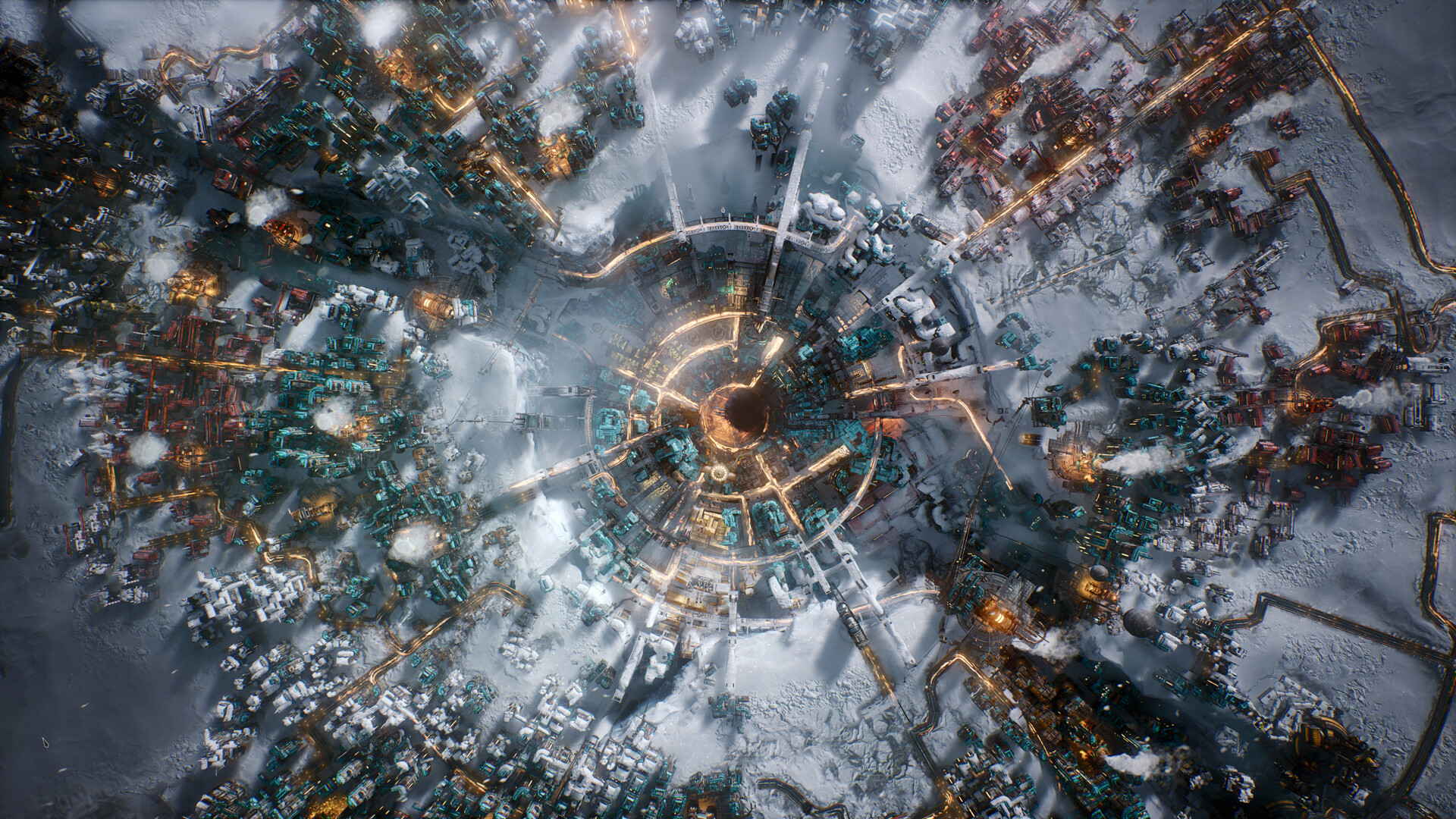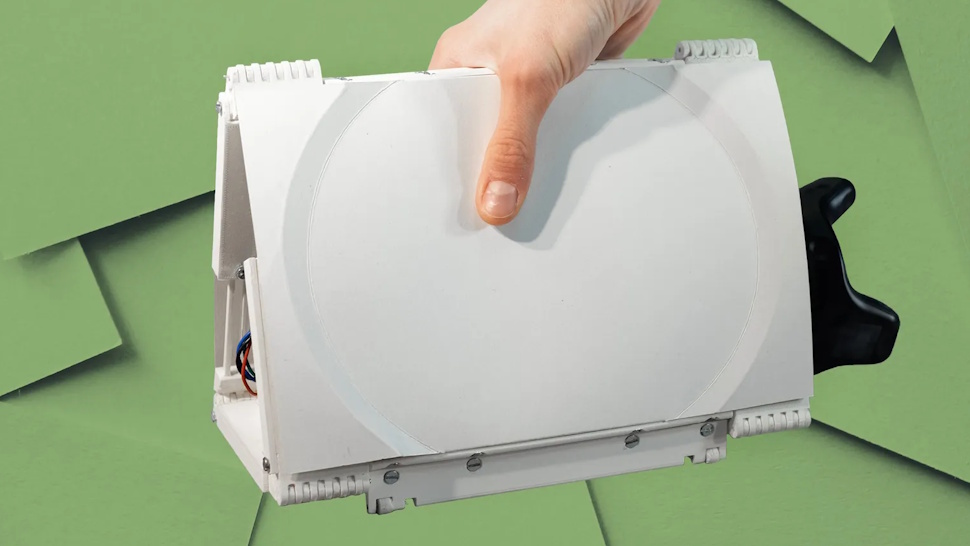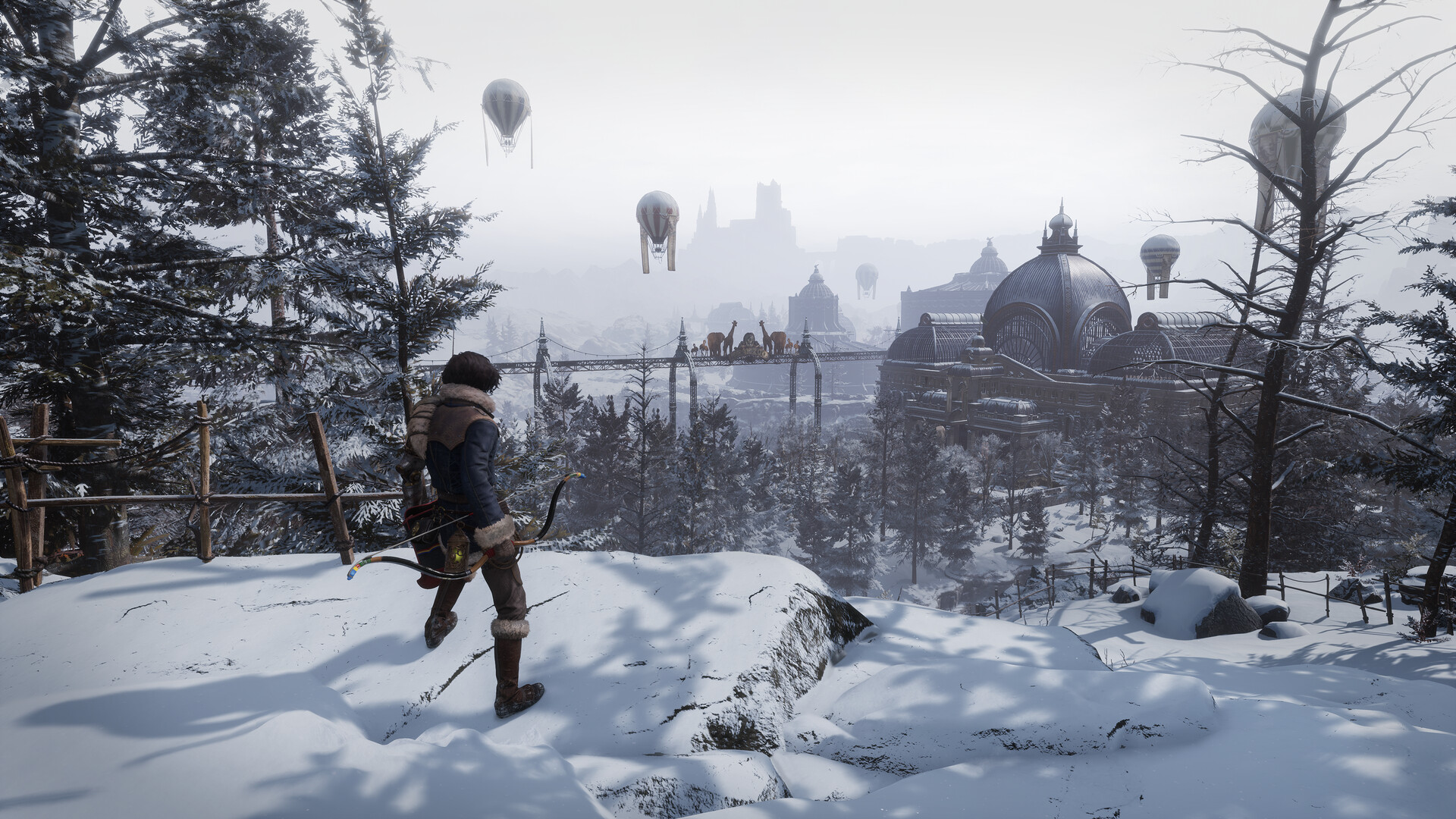
Steward your frostbound city away from doom and destruction.
Want some Frostpunk 2 tips to help you begin? In many ways, the sequel to the popular post-apocalyptic city builder is even harder than the first game. For the original, all you really had to worry about was producing resources, looking after your population, and ensuring all your buildings were snugly tucked beneath the generator. Now, though, your people have their own ideas and a big part of Frostpunk 2 is trying to stop them implementing their stupidest ones.
While in the original game you had to choose order or faith, factions will now pop up extolling the values of both and trying to rally the population’s support to put in place their harebrained schemes. That’s not even mentioning you having to secure oil as a new fuel source, or manage colonies and multiple settlements to meet your ever-growing supply needs. Hopefully, these ten tips will help you grasp your newfound burden of civil maintenance before your city is buried in snow.
Go in early and heavily on logistics
(Image credit: 11 Bit Studios)
While you’re building your first districts, frostbreak out to the edges of your city map and place logistic districts on the old waystations. Not just one, but all of them. Expand your logistic districts as soon as you can and quickly research logistics bays to increase the number of frostland teams you produce. Exploring the frostland is key to your survival as it contains resources you won’t find in your city and establishing settlements can provide a steady supply of food or materials. The earlier and deeper you explore, the more successful you’ll be.
District placement is vital for efficiency—also don’t neglect hubs
(Image credit: 11 Bit Studios)
Since each district takes a chunk of your workforce to build, you’ll want to ensure that each is placed effectively to maximise its function. A food or extraction district, for instance, should cover as many resource nodes as possible, especially any infinite resource nodes which you can unlock tech to extract later. Housing districts should be placed in sheltered areas like ravines, or close to other districts to maximise heat efficiency—though avoid placing them near extraction or industrial districts due to increased squalor.
It’s also a smart idea to build with hubs in mind. You’ll be introduced to these storage buildings in the prologue, but effectively, they are single tile stockpile buildings that reduce the workforce requirement in adjacent districts, meaning if you plan well, you can free up a big section of your workforce, maybe even enough to start a whole new district.
Periodically tax your factions for heatstamps
(Image credit: 11 Bit Studios)
Along with workforce, heatstamps are your primary barrier to growth early on. There are only two main ways to get this currency; naturally taxing it from the population over time, the rate of which is affected by supplying goods, and using the Raise Funds action on any of the city’s factions. You can only use this action every 40 weeks and it will reduce your relations with them slightly. Still, it gives you a big chunk of heatstamps—even more if it’s a bigger faction—and there are ways to make them like you so you can keep doing this.
Placate troublesome factions without actually giving them power
(Image credit: 11 Bit Studios)
One good example of a way to please factions without actually doing anything is via the Grant Agenda action. This is especially useful for minority factions who suggest laws that are unfavourable to the majority of the city. Grant Agenda lets the faction suggest a law to be passed in the council, but you don’t actually have to pass it, and if it’s universally unpopular it’ll likely flop anyway. If you use the Make Promise action with a faction, you’ll often have to pass a law, research a technology, or both, so Grant Agenda is a good tool that doesn’t require you to do much beyond sacrificing a council session.
Don’t overpromise but use an Emergency Council Session if you do
(Image credit: 11 Bit Studios)
The issue with placating factions in Frostpunk 2 is before long you find yourself tangled in a web of promises with not enough time or council sessions to keep them all. If you ever find yourself in this situation, remember that you can use the Emergency Council Session action in the central district. This will reduce relations with all factions by a tiny amount, but it’ll let you immediately vote on a law, helping you keep a promise you’ve made.
Also, beware of opposing factions constantly asking you to repeal laws in favour of another. If you just keep going back and forth on the same law, you’ll never get anything done. If factions are going to conflict, it’s better that they at least do it around new laws that will address the city’s problems.
Never do anything for free and shop around with factions
(Image credit: 11 Bit Studios)
This is a tip I suggest for almost every strategy game, but essentially if you’re planning to pass a law or research a technology to address a pressing issue, you may as well make a faction think it was their idea. Use the Make Promises action on each faction and look to see if any of the available promises coincide with a thing you’re planning to do anyway. You’ll solve the city’s current problem, but also get a bump in relations with one of your factions, letting you tax them for heatstamps later or simply bask in their adoration.
Expand districts and add buildings
(Image credit: 11 Bit Studios)
It’s very easy to forget about buildings in Frostpunk 2, but these are what truly determine the production efficiency of a district. There’s no point frostbreaking across the entire map and doling out heatstamps when your pre-existing districts could’ve been performing better. You’ll have to research specific buildings in the ideas tree and expand the district in question to place the building down, but each district has two building slots you’ll gain access to as you expand it. I’d especially recommend investing heavily in districts on infinite resource deposits, since you’re unlikely to be dismantling these when the resource nodes run dry.
Manually toggle industrial districts to produce goods
(Image credit: 11 Bit Studios)
This is something that really caught me out early on. You might be building industrial districts to produce goods, but then you’re confused as to why your goods aren’t actually increasing. What you need to do is click on the industrial district and change its production from prefabs to the jar goods symbol. As far as I can tell, industrial districts will produce prefabs for building as default, but these aren’t strictly necessary early on when you can just build an extraction district to harvest prefabs instead.
Take your time in Chapter 3
(Image credit: 11 Bit Studios)
Without spoiling much, in the third chapter of the campaign you’ll have an opportunity to visit a location from the original Frostpunk. Don’t rush into it. Make sure you’re prepared with as many cores as you can find elsewhere in the frostland, make sure you’ve researched hospitals, have a healthy stockpile of supplies, and no factions that are at risk of rioting. Completing research into automated workforces is also useful before you visit this locat
You need a special tech to extract infinite resource deposits
(Image credit: 11 Bit Studios)
When panning around your city you’ve likely spotted the resource nodes with the little infinity symbol on them, but when you place down an extraction or food district to take advantage, you don’t seem to be able to harvest them. This is because you need the Deep Melting Drill technology which you can access in the ideas tree. These nodes are well worth taking advantage of when you can, since they’ll help resolve your resource woes and endless recycling and building of new districts.






